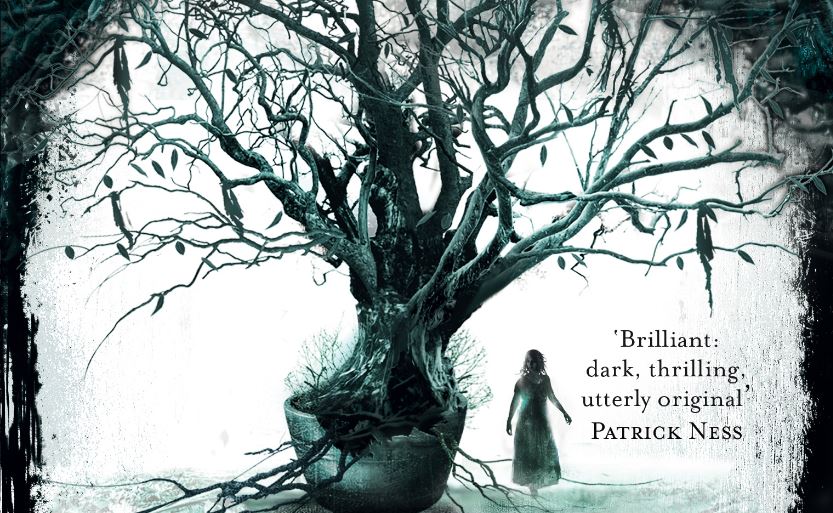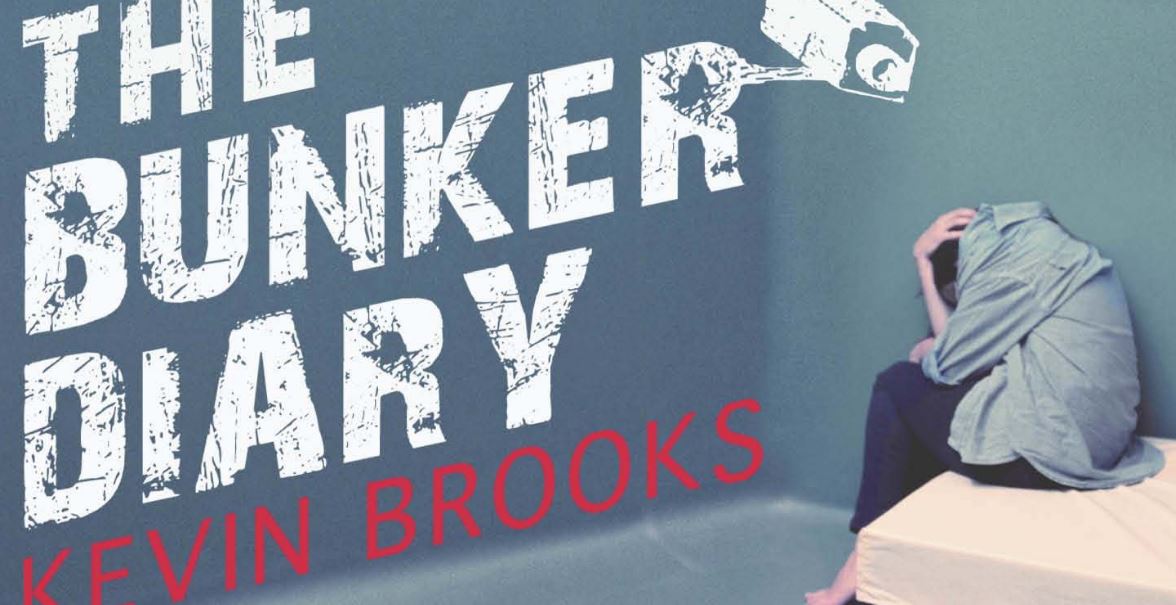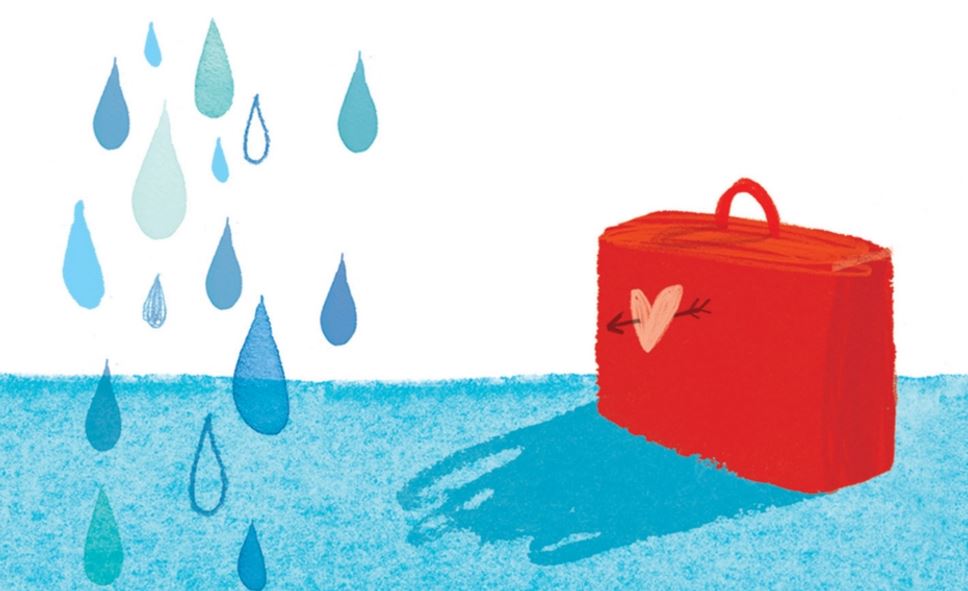I’m back, finally, with that YA recommendations article that I promised so long ago! I’ve had the list waiting, staring at me from my desk as I finished up the last few weeks of my semester. It strikes me again that I’ve read so many books I wouldn’t have even thought of touching before last September, and I feel like I am a better person for it.
Young Adult fiction as a whole is booming, read by more adults than actual young people, but there is still a strong contingent of people who think that YA is lacking somehow, and dismiss it out of hand before they’ve even tried to read some. With this list, I am aiming to show those people that although they think that they know YA, the spread of genre and topic is so wide that they cannot possibly pass judgement until they’ve tried some.
1. The Lie Tree – Frances Hardynge

‘The Lie Tree’ won the Costa Book Award in 2015, the first children’s or YA book to ever win the overall award, and it deserves every accolade that has been heaped on it since then. I was given this book with the warning that it ‘isn’t at all what you expect from YA’, and I can confirm that is 100% accurate. For a start it reads like very serious historical fiction, which it is. Faith, the young protagonist, is forced to move to the island of Vane with her family due to some shady activity from her emotionally distant father. She finds herself in the middle of a horrifically creepy murder mystery, and begins to learn that the lies you tell have a way of coming back and taking you out when you least expect it.
‘The Lie Tree’ is a masterclass in suspense, the writing so tense and claustrophobic that you will have to put it down and come up for air a few times, however much you don’t want to. ‘The Lie Tree’ is without a doubt the best written book that I read last year, and if you dismiss it as YA, you’re missing out on a great read.
2. The Bunker Diary – Kevin Brooks

‘The Bunker Diary’ won the Carnegie Medal in 2014, the prestigious award for children’s fiction, and was so controversial that it seemed like every critic and journalist had an opinion that needed to be aired. The Telegraph was particularly stinging in its criticism, calling the book ‘a uniquely sickening read’. I’ll agree that ‘The Bunker Diary’ is a toughie, but I think ‘sickening’ is a bit far too be honest, especially as it is clearly marketed at YA readers. Following the story of Lionel, a seventeen year old boy who is kidnapped and held hostage in an inescapable underground bunker, this is not a feel good book. What it is though is a brutally honest and unflinching look at people and the things that people do to one another. It isn’t really spoiling anything to say that you should not read this story if you like a sense of hope in your YA.
To suggest that we should police novels like this for young people is patronising and, in my opinion, already too late. Teenagers are not stupid – they know that the world is not always a good place. They know that people are not always nice. If you take away books like ‘The Bunker Diary’, you’re trying to deny that terrible things happen and terrible people exist and that, in my opinion, is far more dangerous than presenting them in a safe and ultimately put-downable way.
3. The Weight of Water – Sarah Crossan

‘The Weight of Water’ won’t take you more than an hour at most to read and if you’re like me you will do it in one sitting. Each chapter is written in verse, succinct and lyrical verse, and is completely compelling. Kasienka is twelve years old and moving to England from Poland with her mother, following the father that left them with a promise he would send for them when he was ready. Kasienka is shy and finds it hard to fit in with her new schoolmates, and her mother is obsessed with finding her husband in the grey, rainy world that is London.
With all the talk of immigration and the immigrant experience, ‘The Weight of Water’ feels like a book that could have been written today, completely honest about the alienation of immigrants, and beautifully composed at that. Crossan has a sparse way of writing, in a form that is sparse to begin with, and I admire the poetry of her free verse. In terms of YA, it is completely original, and a book that will help change what you think YA should look like.
4. The Song of Achilles – Madeline Miller

This is a book that probably fits into the elusive ‘crossover fiction’ – books enjoyed by young readers and adults – more than it fits into YA, but with young protagonists for most of the story I am willing to put it here. I’d had friends nagging me for years to read this book when I finally got round to it, and I wished I had listened to them sooner. It follows Achilles and Patroclus of Homer’s ‘Illiad’, and if you know your Greek heroes, you know just from the names of the characters that this is not going to end well. Patroclus, exiled from his father’s court, is taken in by Achilles’ father, and grows up as the closest companion of the young prince. I’m only blowing a spoiler thousands of years old if I tell you that the pair fall in love, and that the ending is completely heart breaking.
Miller writes beautifully; her prose is rich with imagery and soulful, so compelling that you will find yourself going back and re-reading pages, just to revel in the images they conjure for a little bit longer. We all know how the story has to end, but Miller plays with the sense of fatalism you begin your reading with, creating moments where, just for a page or two, you wonder if she is going to end it differently. ‘The Song of Achilles’ is a LBGT novel, but it is an LGBT novel that is not only about being gay. Representation of non-heterosexual characters in stories that are about more than just sexuality is an important point on the list for improving YA in general, and ‘The Song of Achilles’ is a great example of what can be achieved to that end.
Some of the coverage you find on Cultured Vultures contains affiliate links, which provide us with small commissions based on purchases made from visiting our site.

